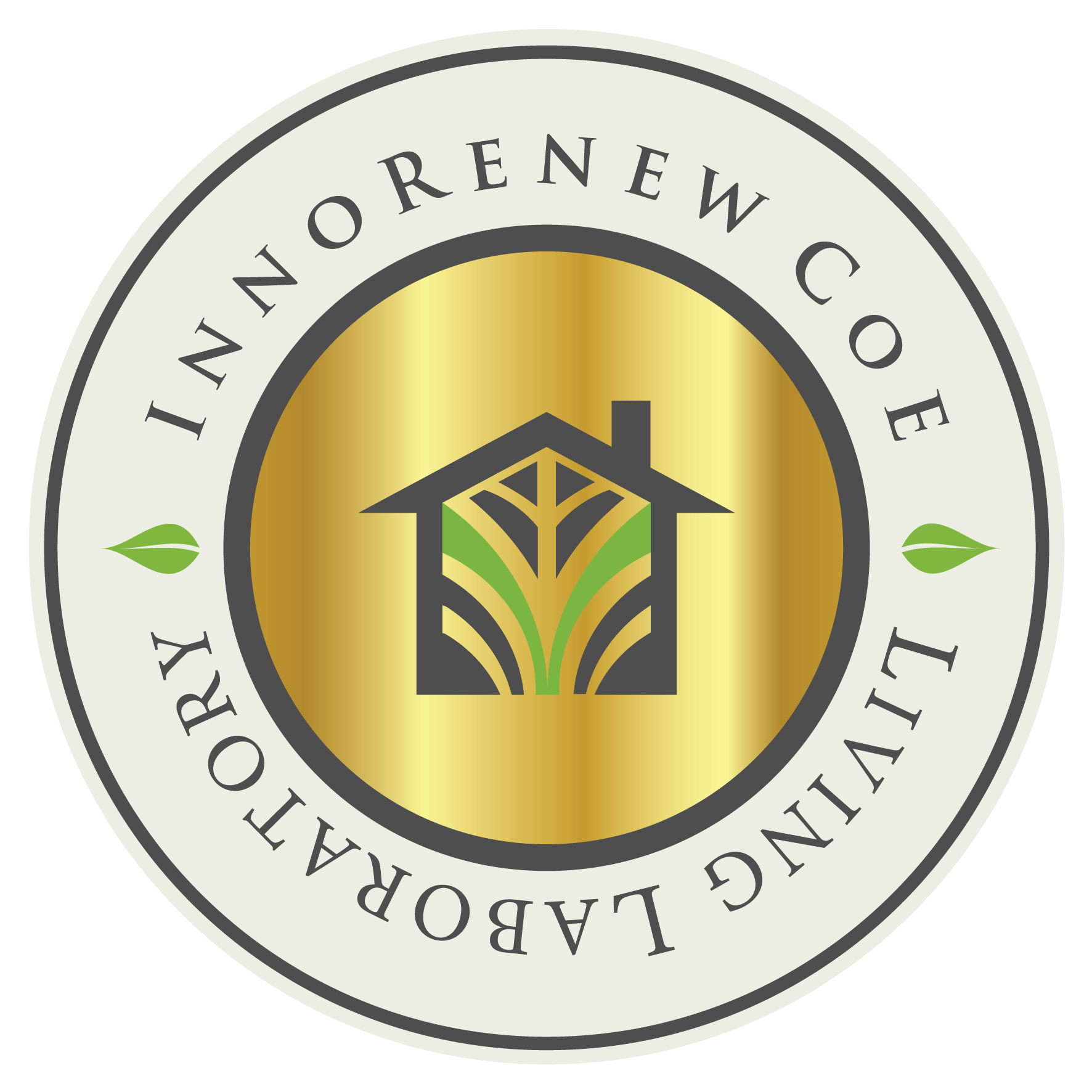četrtek, 19. oktober 2023 Tinkara Tinta: Marine Microbes in the sea of change
V četrtek 25. oktobra 2023, bo izveden 2. seminar iz morskih vsebin.
ČAS in PROSTOR: Predavanje bo potekalo v Livadah 1.0 (Livade 6, Izola), predavalnica Epsilon (pritličje), od 12. do 13. ure.
Predavateljica: Tinkara Tinta
------------------------------------
Tinkara Tinta is a marine microbiologist studying the effects of natural and anthropogenic disturbances on microbial community dynamics in marine ecosystems. Her research is interdisciplinary and draws on the background in biochemistry (BSc) and her area of expertise – marine microbial ecology (PhD). During PhD, she was a FEMS fellow at Lund University, Sweden. For postdoctoral research at Scripps Institution of Oceanography (UCSD, USA) she received a Fulbright Fellowship. Her research at the University of Vienna, Austria, was funded by a Marie Skłodowska-Curie Individual Fellowship. Currently, she is working at MBP-NIB, which is located in a coastal area subject to constant fluctuations in environmental parameters and anthropogenic impacts, with increasing blooms of certain organisms and various types of pollution. Here, they focus their research on the interactions between the coastal microbiome and bloom-forming jellyfish and microbial indicators of faecal pollution, including potential pathogens, and impacts on marine biogeochemical cycles.
---------------------------------------------------------------------------------------------------------------------------------------
NASLOV: Marine Microbes in the sea of change
---------------------------------------------------------------------------------------------------------------------------------------
POVZETEK: Oceans and seas constitute the largest part of Earth's biosphere, and their smallest inhabitants – microbes - are invisible to the naked eye, but account for most of the ocean’s biomass and are the most productive and diverse members of marine food webs. The key factor contributing to the cosmopolitan distribution of microbes in oceanic habitats is the plasticity of their genomes (and thus their adaptability) and the different types of metabolic processes, some of which unique to microbes. In seawater, the pool of organic matter (OM) is composed of a plethora of chemical compounds of different origins, characterized by different size, complexity, availability, and reactivity. Through a chain of biochemical reactions, all particulate OM is eventually transformed into dissolved OM, which is almost exclusively accessible to microbes that operate various metabolic networks, and in this way, drive biogeochemical cycles at the base of the oceanic food web. The abundance, metabolic activity, and composition of microbial communities are influenced by a range of physical, chemical, and biological parameters, as well as by various interactions among organisms. Marine microbes are subject to constant fluctuations in environmental parameters, especially in coastal areas, and the resulting changes in microbial community dynamics affect the structure and functioning of marine ecosystems. Natural and anthropogenic influences are paving the way for projected changes in future oceans and will likely inevitably impact marine life, microbes, and the biogeochemical cycles they drive. However, the complexity, underlying mechanisms, and consequences of these processes remain unclear. Recent methodological advances in analytical chemistry and "omics" technology are providing insights into the relationship between individual compounds within the complexity of the OM pool and the metabolic network operated by the microbial community under specific environmental conditions. Only when we have gained this mechanistic understanding will we be able to predict the response of the marine ecosystem to natural and anthropogenic perturbations.









